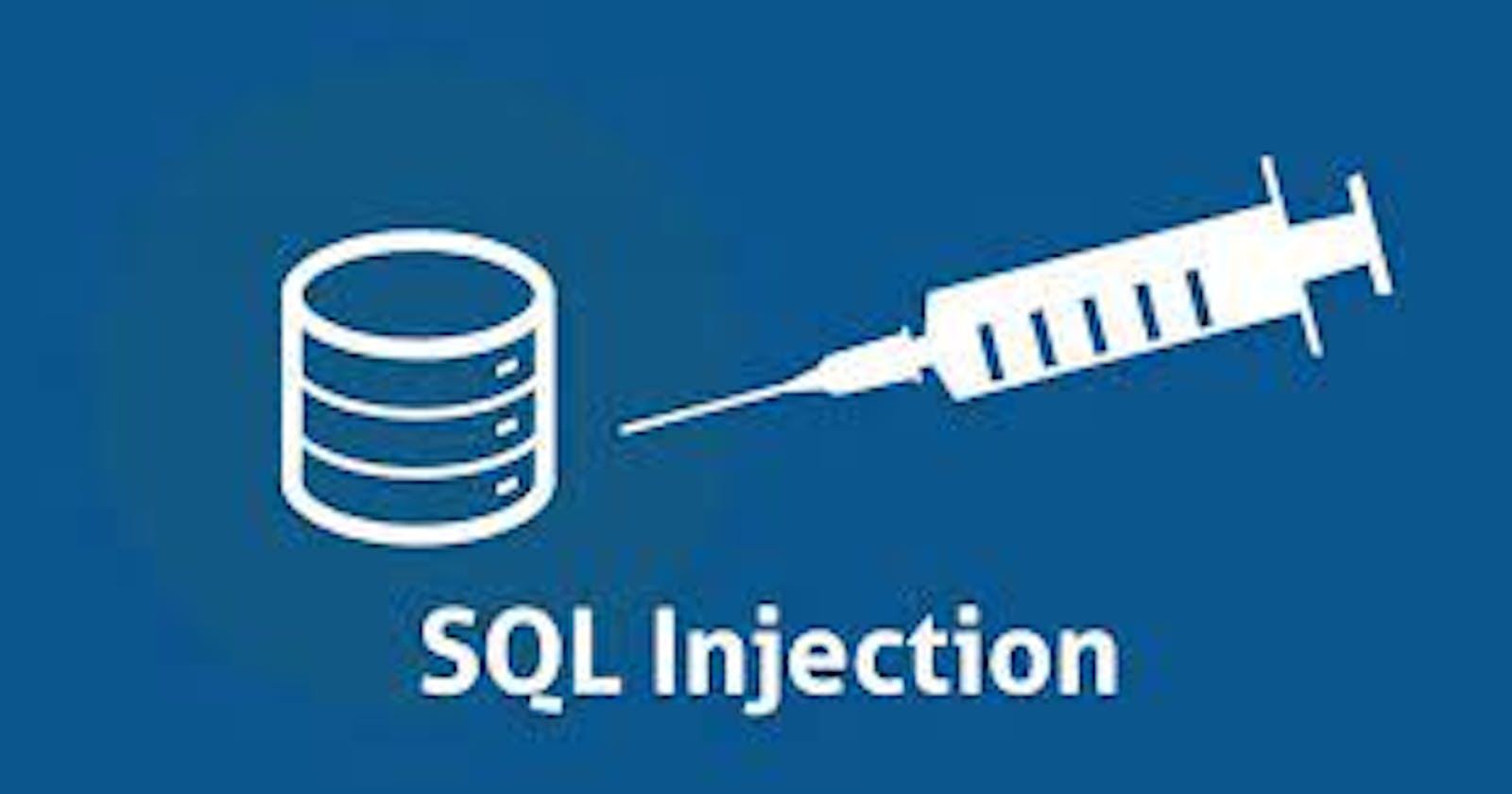SQL injections are a type of security vulnerability that occurs when user input is not properly sanitized and is used in a SQL query. This can allow an attacker to manipulate the query in order to access or modify sensitive data.
SQL injections are one of the most common types of web application vulnerabilities, and they can have serious consequences if left unpatched. For example, an attacker could use an SQL injection to steal sensitive information, such as credit card numbers or login credentials, or to delete or modify data in a database.
The root cause of SQL injections is a lack of proper input validation. When user input is not properly sanitized, it can contain SQL code that is then executed by the database. This can include commands such as SELECT, INSERT, UPDATE, and DELETE, which can be used to manipulate data in the database.
There are several common methods that attackers use to exploit SQL injection vulnerabilities. One of the most common is called "error-based SQL injection," which involves injecting malicious SQL code into a query and then observing the error messages that are returned by the database. This can reveal information about the structure of the database and the types of data that it contains.
Another common method is "blind SQL injection," which does not rely on error messages. Instead, the attacker uses a series of true or false statements to extract information from the database. This can be more difficult to detect, as the attacker does not need to see any error messages.
To prevent SQL injections, it is important to properly validate and sanitize user input. This can be done using a variety of techniques, such as using prepared statements or parameterized queries, which separate user input from the SQL code.
Additionally, it is important to keep software and databases updated to ensure that any known vulnerabilities are patched. This can help to prevent attackers from exploiting known vulnerabilities.
It is also important to implement security measures such as firewalls, intrusion detection systems, and web application firewalls, which can help to protect against SQL injection attacks.
Overall, SQL injections are a serious security threat that can have serious consequences if left unpatched. By properly validating and sanitizing user input, keeping software and databases updated, and implementing security measures such as firewalls, organizations can help to protect against SQL injection attacks and keep their data safe.
In conclusion, SQL injection is a serious security vulnerability that can have serious consequences if not properly addressed. By understanding the root cause of SQL injections and how they can be exploited, organizations can take steps to prevent attacks and protect their data. It is important to implement best practices such as input validation and sanitization, keeping software and databases updated, and implementing security measures such as firewalls.
